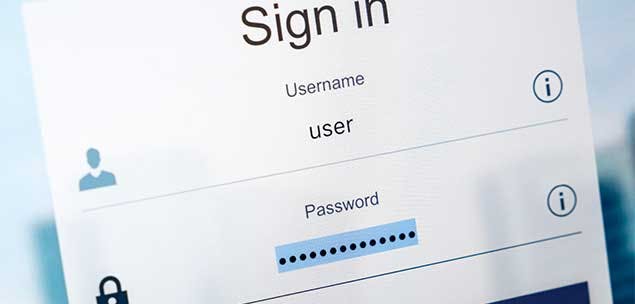Following the privacy breach revelations which occurred in 2018, this year brings a new impetus for improving our social media security.
Before we batten down the hatches, let’s go over some of the benefits of social networks. They have helped us get in touch with old friends and distant relations and are now more business services which can help us collaborate better.
The “social contract” of social networks is sound enough. We agree to share our information with understanding doing so will benefit us, and we trust any private information won’t be shared without consent.
But the “corporate contract” of social media companies is very different. We mustn’t forget they are commercial businesses and a forced to live up to growth and shareholder expectations. And that’s where the privacy and security problems lie.
The (social) surveillance state
To start with a simple example of why we should care about social media security, let’s look at the snooping potential.
With so much sensitive information poured into social networks each day, they are impossible for anyone with an interest in watching people to ignore.
New “snooping technology” laws which allow federal and state government agencies to gain access to social media data (with or without a warrant) are now in place and staff are being trained on how to use it.
The surveillance power of social media can’t be understated. Every device you hold can send data back to the network’s repository and mined at a later date.
Consumers continue to believe social media companies will do the right thing, but the history of social networks – as we saw with Facebook’s Cambridge Analytica fiasco, tells us they are lax with protecting our data.
Snooping scope gets creepy
Not only are social networks terrible at protecting our data – one of the reasons Google+ is being shuttered was a number of breaches – but they are also shy at informing people how new information about them is being harvested.
It’s not “big brother” spying on you it is big social media that is spying on you in ways most people have never thought of.
Facebook’s VPN app was famously pulled from Apple’s App Store when it was found to be collecting data not directly relevant to the app itself.
As the platform subscriber numbers peak social networks need to find new ways to monetise the data they already have, and this is a big driver for scope creep.
Imagine in 2019 Facebook buys Ancestry.com (for loose change) and integrates the DNA database with the social network. Suddenly they have access to DNA samples from a lot of uninformed people and not only is all your social data available, so is your genetic data as well.
Know the risks before you jump in
Now the social network tsunami has hit, it’s time to think out the risks of public access to our data and how we can mitigate them.
Start by asking yourself if you need to hand over the type of data in the first place. Social networks can be used for a range of applications, such as contact management, but you certainly don’t need to build a dependence on them for that application.
As always, be aware of the countless password phishing attempts which happen every day. Some are even masquerading a legitimate apps within social media networks.
If social networks are deemed too risky then it is only a matter of time before platforms like Facebook will lose market share and subscribers. The social media graveyard includes MySpace, Friendster and Google+ among others.
Some social platforms are not as lax as others and there has to be a balance – for people to continue using social networks the social contract must remain sound.
Like Apple’s approach, the default sharing setting should be “no” and explicit consent should be given to be a “yes”. For example, in the next version of iOS, Web sites won’t have access to the device’s accelerometer.
Consumers should be able to opt out of social media sharing and be given more options for paid-for services. Google+ is closing, but YouTube Red allows you to pay for music so I never get ads. A model that works is where I can pay for a service.
Social media is not infallible, and to ensure its survival it needs to give us more control.
About the author
Phil Kernick, Co-Founder and Chief Technology Officer at CQR Consulting

